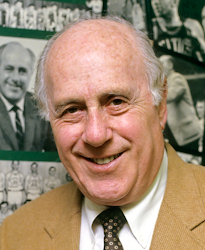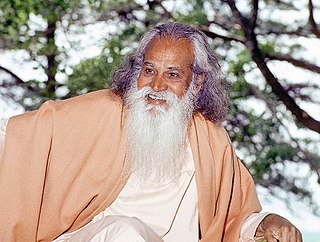A Quote by Anais Nin
Love never dies a natural death. It dies because we don't know how to replenish its source.
Related Quotes
Love never dies a natural death. It dies because we don't know how to replenish its source. It dies of blindness and errors and betrayals. It dies of illness and wounds; it dies of weariness, of witherings, of tarnishings. Anaïs Nin I like not only to be loved, but also to be told I am loved. George Eliot Love is the voice under all silences, the hope which has no opposite in fear; the strength so strong mere force is feebleness: the truth more first than sun, more last than star.
Those who surrender to the service of the poor through love of Christ, will live like the grains of wheat that dies. It only apparently dies. If it were not to die, it would remain a solitary grain. The harvest comes because of the grain that dies. We know that every effort to improve society, above all when society is so full of injustice and sin, is an effort that God blesses; that God wants; that God demands of us.
Weakness is a great thing, and strength is nothing. When a man is just born, he is weak and flexible. When he dies, he is hard and insensitive. When a tree is growing, it's tender and pliant. But when it's dry and hard, it dies. Hardness and strength are death's companions. Pliancy and weakness are expressions of the freshness of being. Because what has hardened will never win.
What is it that dies? A log of wood dies to become a few planks. The planks die to become a chair. The chair dies to become a piece of firewood, and the firewood dies to become ash. You give different names to the different shapes the wood takes, but the basic substance is there always. If we could always remember this, we would never worry about the loss of anything. We never lose anything; we never gain anything. By such discrimination we put an end to unhappiness. (118-119)




































